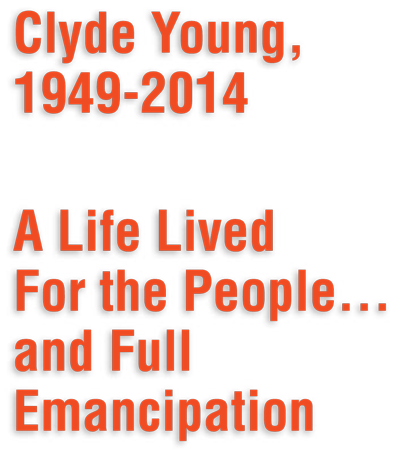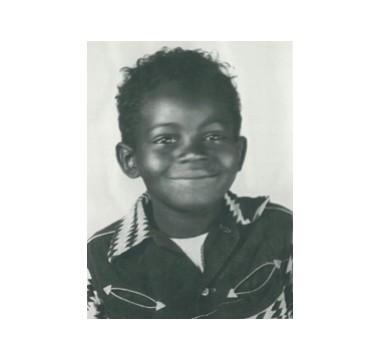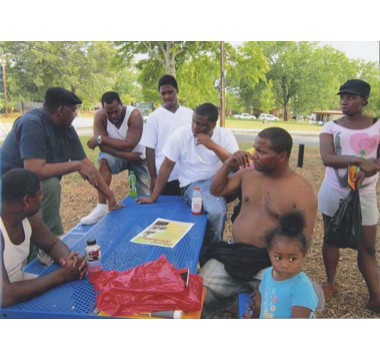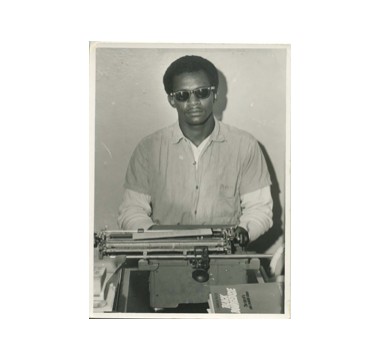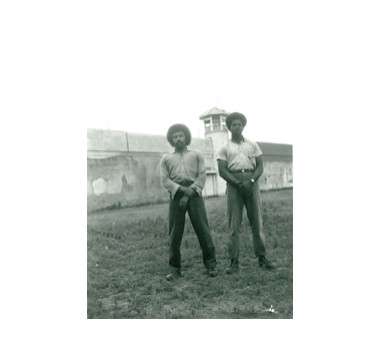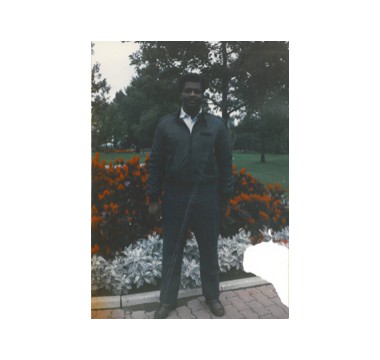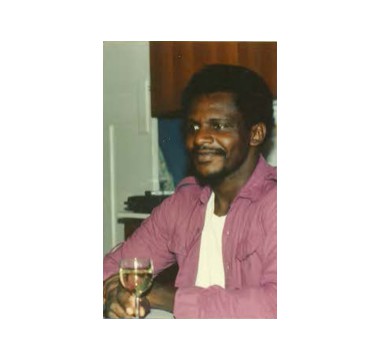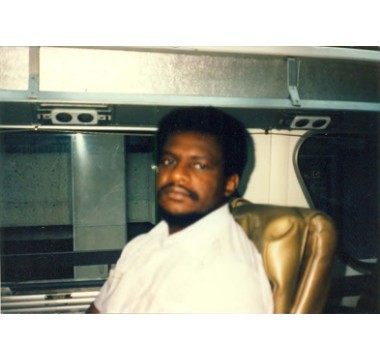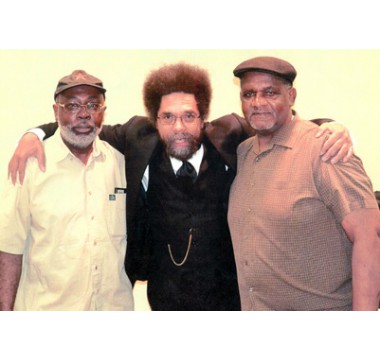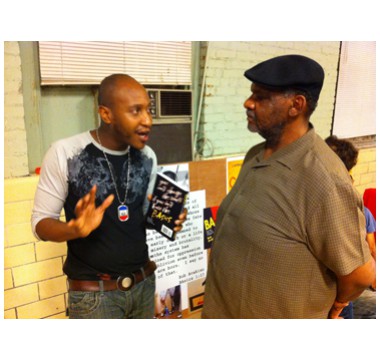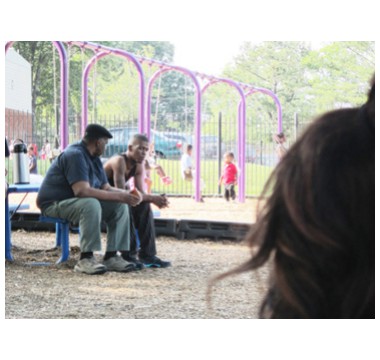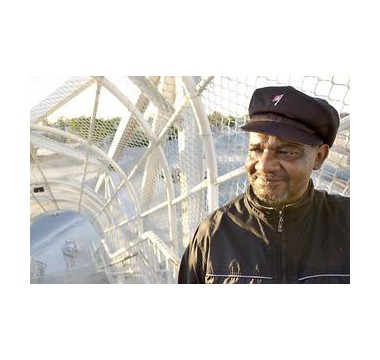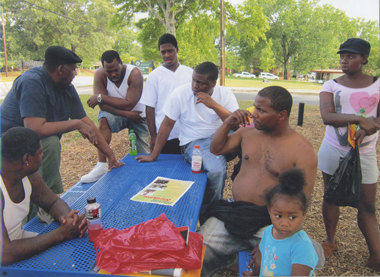October 6, 2014 | Revolution Newspaper | revcom.us
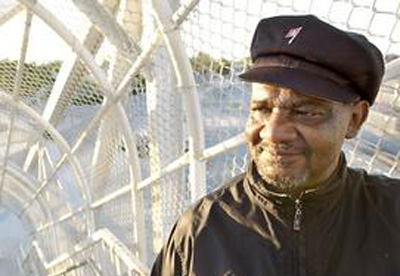
It is with great grief and aching hearts, and with profound love for a wonderful comrade, that the Central Committee of the RCP, USA announces the death of Clyde Young. Clyde Young, also known as Wayne Webb, was a communist for nearly 40 years...a leader of the people... and a member of the Party’s Central Committee. We extend our deepest condolences to Clyde’s partner of many years, to his immediate and extended family, to his comrades and his friends... and to that wide circle of those he counted as his brothers and sisters.
We, his comrades, will miss his earnest struggle for clarity and his unshakeable firmness and courage in the face of the enemy. We will miss his profound anger toward the enemy and his great gentleness toward the people and his comrades, and the love he so generously gave. We will miss his seriousness and his fierce spirit—and we will deeply miss his twinkling eyes, and his delicious and inclusive sense of humor and mischief. We will miss the joy he took in the struggle—both the political struggle, and the struggle for ideological and theoretical clarity. And we will carry him, always, in our hearts.
My heart is broken at the loss of Wayne Webb. His life was an inspiring example of how those this system treats as "the worst of the worst" can become the very best that humanity is capable of. He was not just a precious comrade, but also a great friend—someone I have known since the 1970s and loved hanging out with: grappling together with questions of philosophy, politics, and art, joking and laughing, singing doo wop songs we both loved. I miss him terribly.
Bob Avakian
Clyde Young came up the hard way, in the mean streets of the Midwestern ghettos. He was always rebellious—and from the age of 12 years old he was snatched up and put into the hellholes of this system, first in the juvenile jails and then the maximum security dungeons, spending his entire adolescence and young adulthood locked up. He was one of the many this system slated for death at an early age, one of the millions and tens of millions whom this system has cast off and cast down; yet he fought to rise above all that, and came to dedicate his life to the emancipation of all humanity. He embodied rising to the challenge put out by Bob Avakian, in BAsics 3:16, to those the system has cast off to become “the gravediggers of this system and the bearers of the future communist society.”
Clyde went into prison as one person, and came out as another. His rebelliousness and unbreakable spirit remained—indeed, it was tempered and grew stronger—but it found powerful direction. Inspired by the revolutionary struggles of the 1960s, Clyde helped lead a strike at an Indiana prison—one in which non-violent prisoners sitting in on a field were mowed down by guards, killing two and wounding scores. While in prison, he began studying—trying to figure out WHY these things happened and began to work with others, forming a revolutionary collective right under the eyes of the authorities and following the struggle in the movements for revolution—first the revolutionary nationalist movement, and then the communist movement. When Clyde got out in the mid-'70s, he got involved with the new communist movement...and never looked back. (To give people a fuller sense of Clyde’s life and how he became a communist, we are reprinting an interview he did in the early 1990s, under the name “Comrade X.”)
Clyde joined the Party shortly after it was formed. To do this, he had to break with—and he had to lead others to break with the outlook of nationalism. Indeed, Clyde set an example—in what he believed and what he lived and fought for and practiced—for his internationalism and his firm opposition to patriarchy. Clyde was truly about breaking every chain on humanity.
From the very first, he did not fear struggle—either against the enemy in very close-quarters battles, or to find out what was true and to struggle for that truth with comrades once he found it. And from the very first, he never wavered in the depth of his commitment; he was “all in” from the “git-go,” fighting for this Party and especially fighting for the leadership of Bob Avakian. Clyde had the chance in those years to work very closely with BA, and he cherished every opportunity to learn all he could...while having plenty of fun in the process!
The Constitution of the RCP, USA states that “the greatest responsibility of every party member is to struggle for the party’s line to remain, and develop further as, a revolutionary line.” Clyde lived this. He fought to contribute as much as he could, especially in the struggle for a revolutionary line, and played an important role in many crucial struggles inside and outside the Party. He did not shy from taking responsibility—he dared to lead, dared to “reach for the heights and fly without a safety net.” Clyde listened to and learned from criticism, wherever it came from, even as he would struggle for what he thought was right. Like all comrades, Clyde made mistakes; like all of us, he could at times become tired, or discouraged, or scared. But he never stopped relying on his comrades for strength, he never stopped struggling for understanding, and he never stopped fighting to contribute all he could to emancipating humanity—to changing the world. As a party leader, he inspired confidence in those he led, lending people courage and compassion at challenging junctures. He struggled to instill in all a spirit of collectivity, up against the constant pulls of capitalist society toward individualism and “me first.” As part of that, he fought for the organizational integrity of the Party, upholding and helping to strengthen its chain of knowledge and chain of command.
Clyde Young also led, or helped to lead, the Party’s work on many different fronts of struggle. To mention just a few, these included: building demonstrations on African Liberation Day in the mid-1970s against U.S. imperialist oppression in Africa; the fight to stop the legal railroad of Bob Avakian and other defendants in a mass political/legal campaign in 1979-1982, including helping to lead over 170 volunteers in Washington, D.C. in 1979; the Party’s work in Atlanta during the period of the Atlanta child murders, when forces that are to this day unknown kidnapped and ultimately murdered over 20 Black children in Atlanta in 1979-1981 and activists, revolutionaries, cultural figures, and masses worked to uncover what was at work and lead resistance to efforts of the authorities to cover things up; special efforts by the Party to develop a revolutionary political movement among the most dispossessed and despised in society; and many other particular battles in over half a dozen different cities. In recent years, Clyde gave major public speeches on revolution in LA, Chicago, Oakland, New York and DC; he played a key role in fighting through in different cities to hold the very important dialogues between Carl Dix and Cornel West in a number of cities; and he played a key role as well in the bus tour through the South promoting the work and leadership of Bob Avakian, as part of the BA Everywhere campaign.
A memorial honoring the life of Clyde Young/Wayne Webb was held in Chicago on Saturday, October 18th. Click here for details.
Memorial events were also held in:
Houston - October 26, Sunday, 2-5pm
Bar Boheme, 307 Fairview @Taft, in the Montrose
832-865-0408
revolutionhtown@yahoo.com
Los Angeles
Sat., Nov. 1st, 5 pm
Revolution Books, 5726 Hollywood Blvd., LA
(323) 463-3500
Berkeley - November 2, 2014, 6:30 p.m.
at Revolution Books
2425 Channing Way, Berkeley, CA 94704
510-848-1196
revolutionbooks@sbcglobal.net
New York
Sunday, November 2nd, 3-6 pm
Church of St. Paul and St. Andrew,
263 West 86th Street
between Broadway and West End Avenue
info: 212-691-3345
If you would like to share remembrances, photographs or tributes please send to ClydeYoungMemorial@gmail.com.

